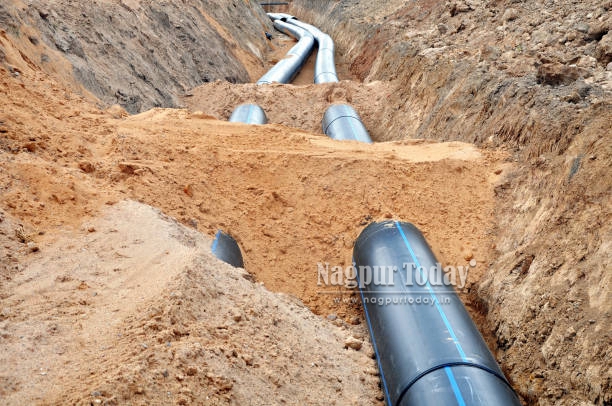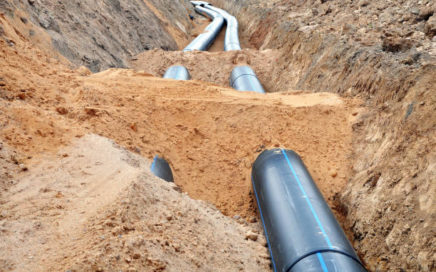
Nagpur: The Nagpur bench of the High Court has dismissed a petition challenging the constitutional validity of Section 10(4) of the Petroleum and Minerals Pipelines (Acquisition of Right of User in Land) Act, 1962, ruling that the plea lacked merit.
The petition was filed by farmers and landowners from various districts affected by the laying of underground pipelines on their lands. Represented by their counsel, the petitioners argued that their lands were used for laying pipelines under the provisions of the said Act, which entitles them to compensation. However, once the pipeline is laid, landowners are restricted from carrying out permanent developments or planting fruit-bearing trees, rendering the land almost unusable.
Land Becomes Virtually Unusable: Petitioners
The petitioners contended that the land used for pipeline installation would become practically useless to them, as it severely limits any productive use. The compensation awarded under the 1962 Act, they argued, is significantly lower than what would be provided under the Right to Fair Compensation and Transparency in Land Acquisition, Rehabilitation and Resettlement Act (RFCTLARR), 2013.
They further argued that implementation of the provisions under the 1962 Act violates their constitutional right under Article 300A, which guarantees the right to property. The petitioners claimed they are unable to use their own land due to the restrictions imposed by the pipeline infrastructure.
Demand for RFCTLARR Compensation Standards
The counsel emphasized that the RFCTLARR Act of 2013 was a progressive legislation that incorporated provisions for fair compensation, rehabilitation, and resettlement — all of which were absent earlier. He asserted that compensation under the RFCTLARR Act is based on market value and should be applicable even when rights are acquired under the 1962 Act.
He pointed out that under the Petroleum and Minerals Pipelines Act, nearly 20 meters of land on either side of the pipeline — sometimes buried 2 to 4 meters deep — becomes inaccessible and unusable for landowners. Therefore, compensation should match current standards set under RFCTLARR, 2013.
Court Rejects Plea Citing Lack of Merit
After detailed hearings and consideration of the arguments, the High Court ruled that the petition did not demonstrate sufficient legal merit and thus dismissed it. The court found no grounds to declare the provisions of the 1962 Act unconstitutional.














